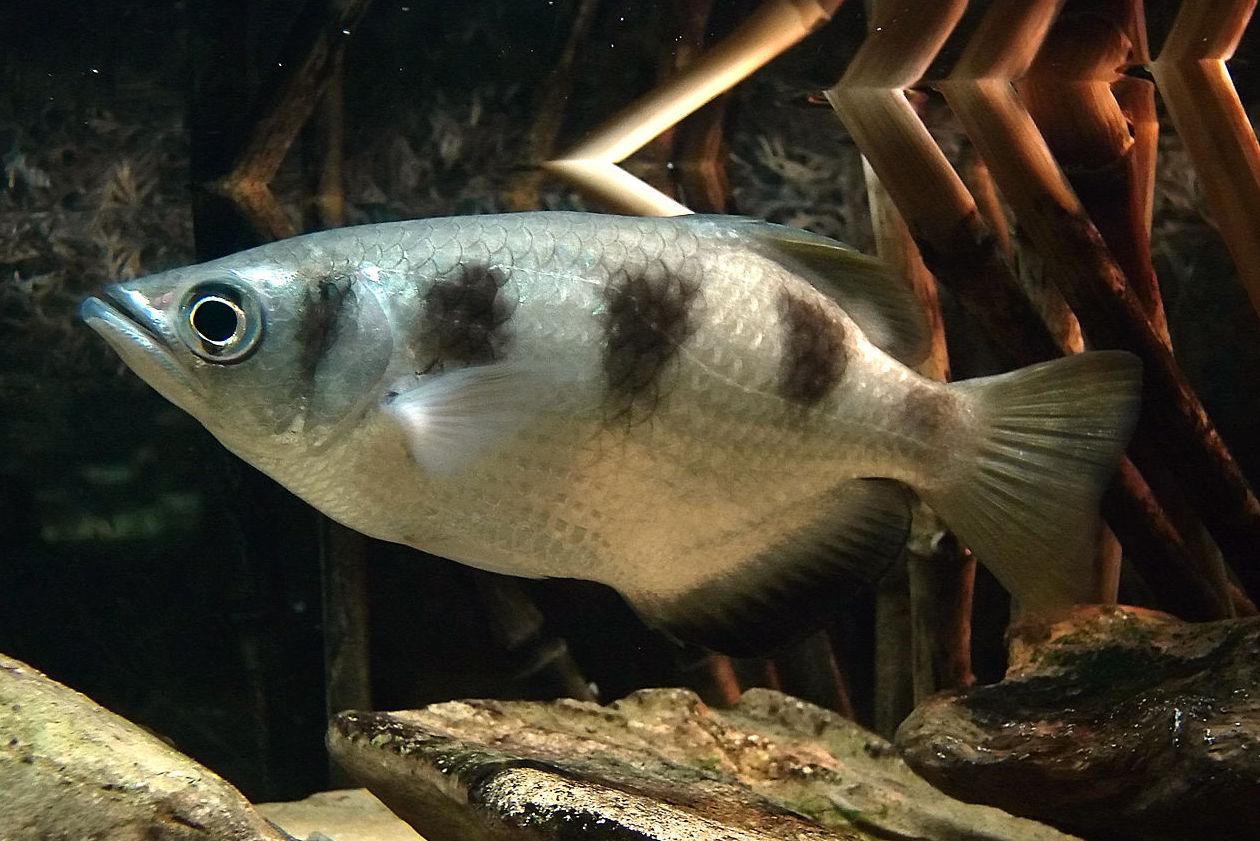D: Yaël, how do people tell faces apart? Is it a special ability that relies on custom circuitry in the human brain? Or, do we learn it with the same brain circuitry that we use to recognize other objects?
Y: One way to tell whether humans have a special ability is to test whether other animals can do it, too. Sheep, dogs, cows, and horses can all learn to distinguish human faces.
D: That isn't very strong evidence against special brain circuits. All those animals are mammals, with brains basically similar to ours. They are also all domesticated, and might have experienced pressures to evolve custom brain circuits to recognize their human caregivers.
Y: Well then, how about fish?
D: Fish?
Y: Yes, fish. Fish have smaller, simpler brains than humans, and never experienced evolutionary pressures to distinguish different human faces. In 2016 a team of scientists reported that fish can learn to do it.
D: Aw, come on. How could they tell whether fish can distinguish human faces, they always have that blank stare?
Y: The scientists used the special abilities of archerfish. Archerfish live in swamps, and squirt water at insects perched on plants above the water's surface. It knocks them into the water so they can eat them. The researchers taught the fish to squirt at pictures of human faces instead, for a food reward. The fish could pick out a familiar face to squirt at from among as many as forty-four unfamiliar ones, and got it right eighty percent of the time.
D: So if fish can learn to recognize human faces without specialized brain circuitry, people wouldn't need it either.
Y: Yes, but it's still possible that special circuitry might be there anyway. Only direct studies could tell.









